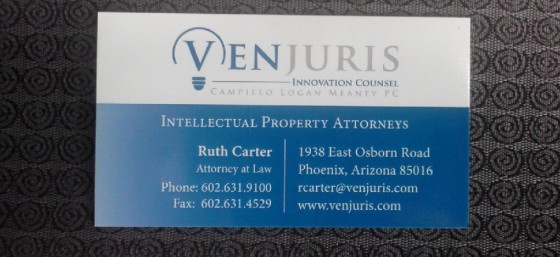
Some people incorporate clips from mainstream movies into their YouTube videos. Depending on the circumstances, it may or may not be legal.
Movie Studio’s Rights
Whoever owns the copyright in the movie has the exclusive right to control where the work can be copied, distributed, displayed, performed, and what derivative works can be made from it. This applies to the whole film and clips of it. The copyright owner is also the only one who can come after someone for copyright infringement. So, if they don’t know or don’t care about what another person is doing with their work, that person will never get in trouble.
What about Fair Use?
The powers that wrote the Copyright Act understood that existing artwork inspire other artists to create new works. To that effect, they created the fair use provision of the copyright law (17 U.S.C. § 107 if you want to look it up).
The fair use law allows a person to use another’s work for the purpose of criticism, commentary, research, and teaching – often in ways that thoughtfully add to the existing work. The law provides four factors that the court may consider in determining whether a use is copyright infringement or fair use (which I turned into the handy mnemonic device PAIN), but these are merely points of consideration.
The fair use factors are not a mathematical equation to use to get a definite answer. The only way to know for certain if a use qualifies as fair use would be if there’s a lawsuit and the court makes a ruling on the matter. However, if the use of another’s work is transformative and doesn’t become a substitute for the original work in the market, there’s a good chance it’s fair use.
One way to avoid the issue about whether using a clip is copyright infringement or fair use, would be to get permission to use the clip by purchasing a license. Without this permission, there’s a risk that the copyright owner will order your video to be removed until the offending clip is removed.
Using a Movie Clip – Good Idea or Bad Idea?
If a client asked me about using a movie clip for a purpose other than criticism, commentary, as a teaching demonstrative, or an original compilation with other works, I’d challenge them to explain why they want to use that clip and what value it adds to their work. I’d also encourage them to at least do their homework on the copyright owner to see if they have a track record of going after people who use clips of their work without permission.
Ultimately, I respect my clients’ choices, but I try to help them make informed decisions about the risk they’re accepting when they use another’s work. Copyright and fair use situations are always complicated and always depend on the specific circumstances. If you want to connect with me and hear more thoughts about copyright, you can contact me directly or connect with me on Twitter, Facebook, YouTube, or LinkedIn. You can also get access to more exclusive content that is available only to people on my mailing list, by subscribing here.








